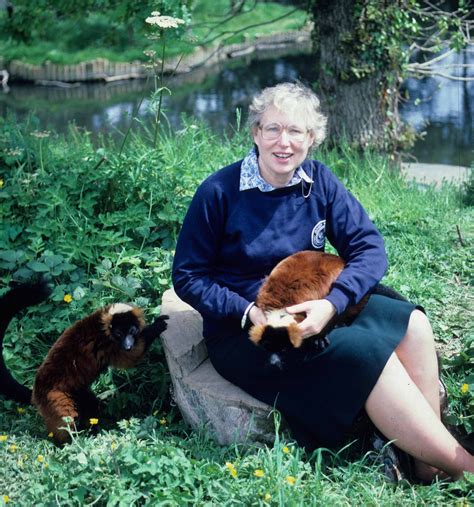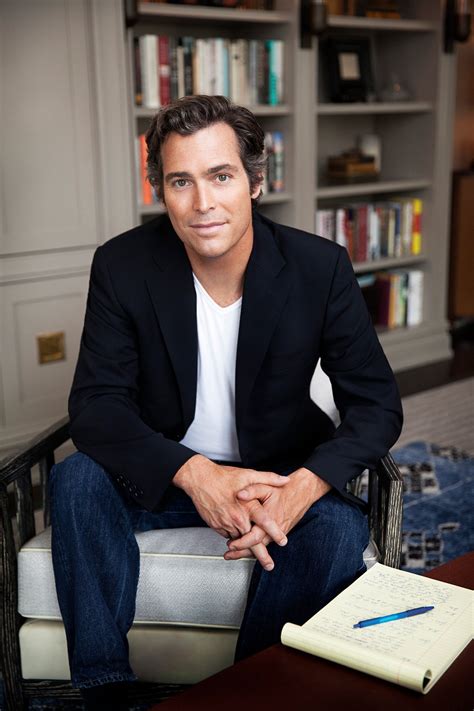A Quote by Louise J. Kaplan
Another potentiality of our irrepressible juvenility is a capacity to maintain until the onset of senility an active creative interaction with our environment. We persist in exploring, investigating, inventing, discovering. In these respects humans of all eras, in all societies, all ages of life, are more like baby chimps and not at all like the sedate and rigidly conforming adult chimpanzee, who hasn't changed much since she was five or six years old.
Related Quotes
When I went to medical school, I was taught about two basic kinds of diabetes: juvenile onset and adult onset. From the time I did my training in medical school to the end of my residency we were already seeing the transformation of adult onset diabetes into Type II, which is what we call it now, which from my perspective is a euphemism we have draped over this condition to conceal the fact that what was a chronic disease in midlife is now epidemic in children. Frankly, Type II diabetes in a seven year old is adult onset diabetes. We just don't want to confront that unpleasant fact.
I suspect there could be life and intelligence out there in forms we can't conceive. Just as a chimpanzee can't understand quantum theory, it could be there as aspects of reality that are beyond the capacity of our brains They could be staring us in the face and we just Don't recognise them. The problem is that we-re looking for something very much like us, assuming that they at least have something like the same mathematics and technology.
Such is the breathtaking speciesism of our Christian-inspired attitudes, the abortion of a single human zygote can arouse more moral solicitude and righteous indignation than the vivasection of any number of intelligent adult chimpanzees! The only reason we can be comfortable with such a double standard is that the intermediates between humans and chimps are all dead.
Creating a new theory is not like destroying an old barn and erecting a skyscraper in its place. It is rather like climbing a mountain, gaining new and wider views, discovering unexpected connections between our starting points and its rich environment. But the point from which we started out still exists and can be seen, although it appears smaller and forms a tiny part of our broad view gained by the mastery of the obstacles on our adventurous way up.
We, as humans, have actually developed a sense of social responsibility. We have gone beyond our basic instincts. We can and we do. This is what sets us apart from the chimps. They are extremely brutal and hostile. Your next door neighbor is to be killed unless she is a juicy young female, who hasn't yet had her first baby, in which case you want her.
































